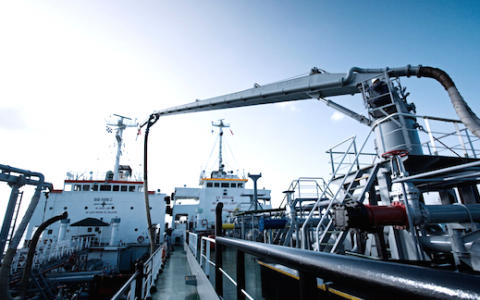Intertanko and Veritas Petroleum Services criticise ISO fuel quality standard revisions

Intertanko and Veritas Petroleum Services (VPS) have come together to criticise proposed revisions to the international ISO 8217 specifications of marine fuels.
Changes to clause five of the standard may pose particular problems for shipowners and operators, the two organisations said.
The proposed clause 5.2 included in the draft ISO 8217 states: “The fuel shall be free from any material at a concentration that causes the fuel to be unacceptable for use in accordance with the scope of this international standard”. VPS and Intertanko point out that this does not mention additives that may affect the safety of the vessel and its crew.
Clause 5.3 of the current ISO 8217:2012, the fifth version, states: “Fuels shall be free from any material that renders the fuel unacceptable for use in marine applications”. Similarly, the current clause 5.5 states: “The fuel shall not contain any additive at the concentration used in the fuel, or any added substance or chemical waste that jeopardizes the safety of the ship or adversely affects the performance of the machinery, or is harmful to personnel, or contributes overall to additional air pollution”.
“This change to clause 5 overlooks the fact the international marine fuel standard, ISO 8217, was introduced to govern fuel quality with an implied need to ensure seaworthiness of the ship. This spirit of the fuel quality standard should not be compromised by semantics,” Gerard Rohaan, CEO of VPS, said.
“We are concerned that while a reference to a ‘de minimis’ level of FAME for DMA, DMZ, DMB and RM grades is retained, the clarification of what is meant by ‘de minimis’ in Annex A has been increased from 0.1% to 0.5% by volume,” added Ian Harrison, senior manager – technical of Intertanko.
“Our understanding is that the ‘de minimis’ level is a tolerance to allow for trace contamination of fuel. Increasing the limit to 0.5% goes beyond such a philosophy and potentially leads us down to path of arguing how much FAME is in the fuel, whether this meets the spec, or whether it may damage the engine – we could find ourselves arguing about limits of a substance that should not be in the fuel in the first place. We have concerns that the response to experience of contamination is to relax the requirement, rather than improve fuel quality to meet the standard,” added Harrison.
